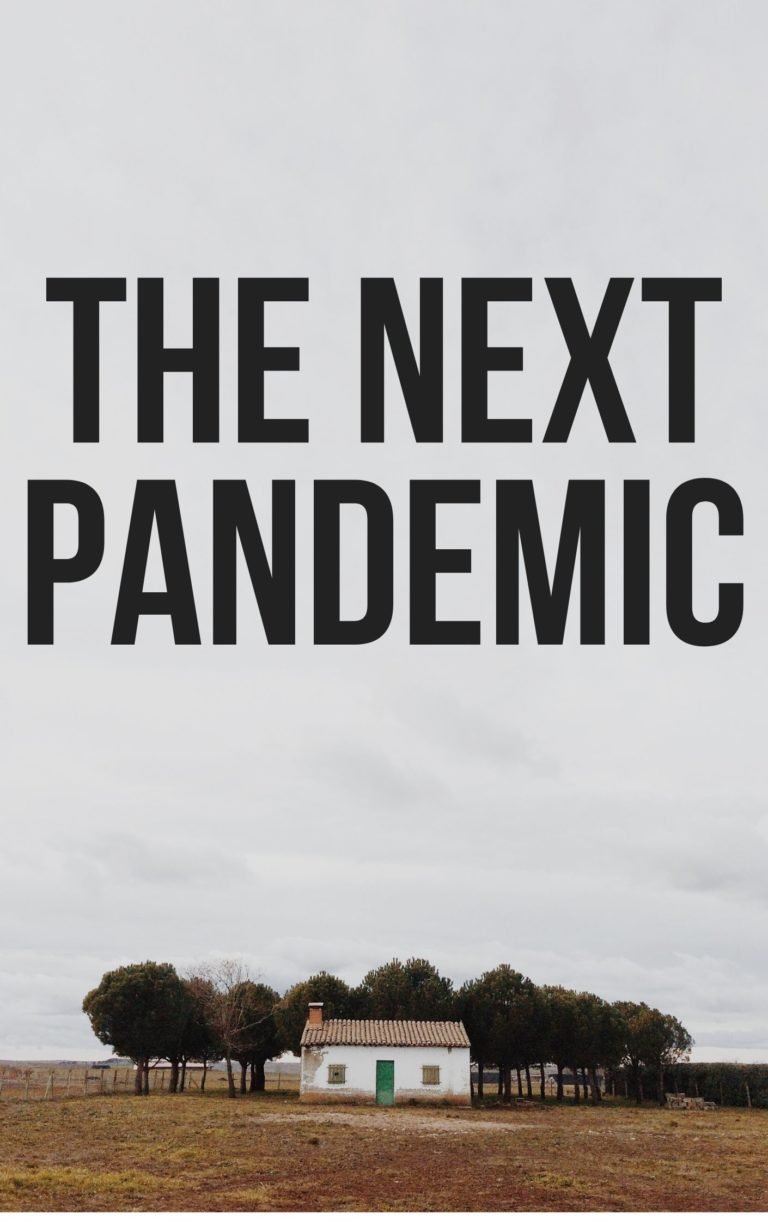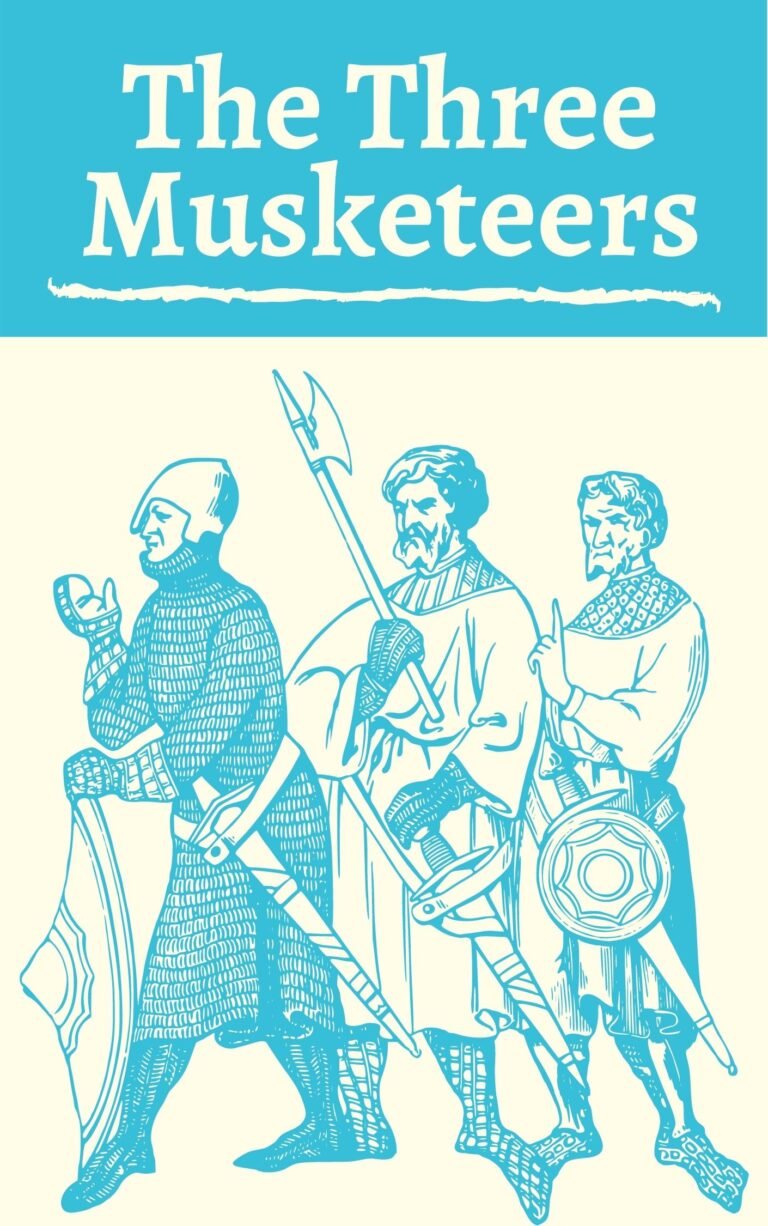The Plague
Albert Camus
Rating: 8.0
“Camus believed that the actual historical incidents we call plagues are merely concentrations of a universal precondition, dramatic instances of a perpetual rule: that all human beings are vulnerable to being randomly exterminated at any time, by a virus, an accident or the actions of our fellow man . . . He speaks to us in our own times not because he was a magical seer who could intimate what the best epidemiologists could not, but because he correctly sized up human nature.”
–Alain de Botton, The New York Times (“Camus on the Coronavirus”)
The story opens with a brief description of Oran by the unidentified narrator, who stresses how ordinary the city is. Dr. Bernard Rieux notices several dead and dying rats on his way home one evening, but thinks nothing of it. Soon there are dead rats everywhere, and the newspapers begin to report on the phenomenon. Public pressure causes the city authorities to collect the rats for incineration, unintentionally spreading the contagion through the air.
Dr. Rieux is called to attend his apartment building’s concierge, Mr. Michel, who dies of a severe fever similar to what Rieux observed in the rats. Consulting a colleague, Rieux is certain a plague has descended on Oran. Dr. Rieux’s wife has been sent away to another city for the treatment of an ailment. He and a peer, Dr. Castel, attempt to convince the authorities and other doctors that a plague is sweeping through the city, but everyone says that one dead person is not enough evidence.
When more deaths from fever are noted, the city’s authorities finally take action, posting notices; they attempt to avoid panic by softening the language, and so, the public doesn’t take the threat too seriously. A special ward with eighty beds is opened in the hospital, but it is filled with dying people within three days. The city promulgates new rules governing burials and other health-related aspects of life, but the death toll continues to climb just as Dr. Rieux predicted. Medicine arrives, but it is too little. The city is quarantined, with no one allowed in or out, and communication with the outside world limited.
This sense of being cut off, unable to communicate with or see loved ones or move freely weighs heavily on everyone in Oran, forming the core of their unhappiness—even more so than the threat of death itself. The population begins to suffer from panic and other derangements. Journalist Raymond Rambert, not believing the dire warnings issued by the city, decides he must escape the city, making plans with a criminal named Cottard—who displays paranoia and violent tendencies—to smuggle him out. A priest, Father Paneloux, preaches that the plague is a punishment from God; his fiery sermons draw larger and larger crowds as panicked citizens seek comfort. Cottard makes a fortune as a smuggler. Dr. Rieux and several colleagues, including the well-off but mysterious Jean Tarrou (who has helped organize a robust volunteer response to the plague, believing it to be everybody’s duty) and the engineer Joseph Grand continue to treat patients in their own homes. Rambert tells Tarrou of his plans to leave, but Tarrou recruits him as a volunteer instead, shaming him with stories of men like Rieux who also have loved ones outside the city.
The city grows violent. People attempt to escape, and martial law is imposed, along with a curfew. Riots and looting become common as law and order break down. Rieux is depressed to note that funerals are rushed, with no ceremony or emotion, focusing on getting the dead into the ground as quickly as possible. Oran appears to be at a collective breaking point.
Dr. Castel, identifying the disease as bubonic plague (The Black Death), develops a serum to fight it, but the serum proves ineffective. Rambert is offered a chance to leave the city, but he is so impressed by the volunteer efforts with which he is involved, he elects to stay. Joseph Grand comes down with plague symptoms but makes a sudden recovery, Dr. Rieux notes that instances of the plague have begun to decline.
The city celebrates the opening of the gates and the lifting of martial law, but Tarrou unexpectedly contracts the plague and dies. Rieux learns via telegram that his wife has passed away. Cottard goes insane and is arrested. Grand, fully recovered, begins writing. Rambert is reunited with his wife.
The narrator finally reveals that he is Dr. Rieux, declaring that he attempted to present an objective view of the events without being self-serving and trying to make himself look good. He ends his story with the belief that he witnessed more good than bad from the people of Oran while they dealt with the plague, and that there is, in fact, more good in humans than bad.






